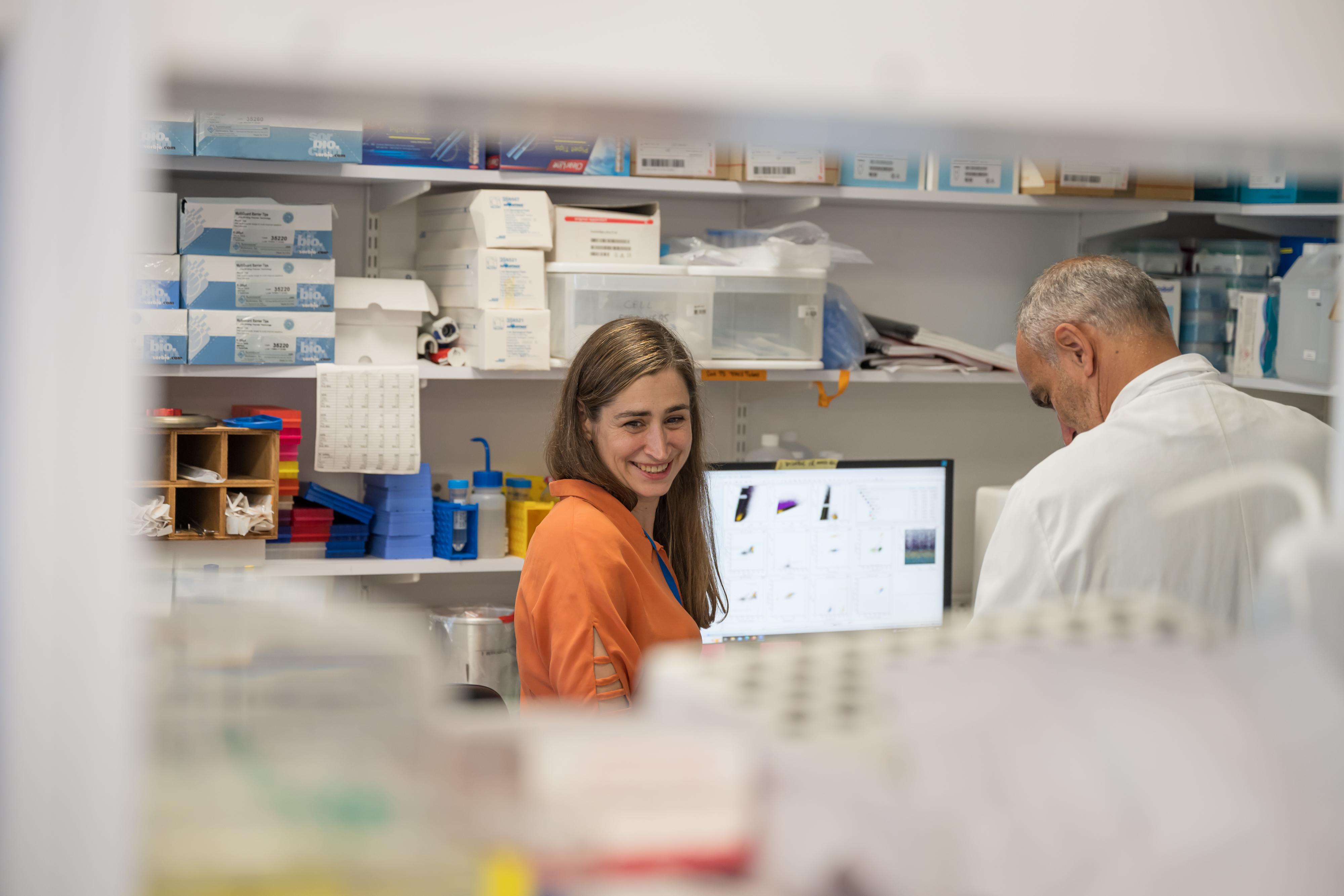Women who use cannabis when pregnant are more likely to predispose their child to stress and anxiety, a new study reveals.

- In the United States, one in five women uses cannabis during pregnancy, primarily to relieve stress or anxiety.
- However, this consumption can on the contrary promote the development of anxiety, aggressiveness or hyperactivity in their future child.
When they are pregnant, women must pay particular attention to what they consume to ensure the good health of their future child. Beyond the recommendations in terms of food, it is therefore necessary to pay attention to the medications that one takes and to proscribe any consumption of alcohol or drugs.
But despite these recommendations, one in five women in the United States continue to smoke cannabis during their pregnancy, in particular to relieve nausea or reduce stress and anxiety. But this consumption is not without risk for their future child.
This is shown by a new study from the Icahn School of Medicine at Mount Sinai and the City University of New York published Monday, November 15 in the Proceedings of the National Academy of Science (PNAS). According to its authors, in utero exposure to cannabis causes in unborn children “increased levels of anxiety, aggression and hyperactivity compared to other children who were not exposed to cannabis during pregnancy”.
Greater sensitivity to stress and anxiety
To reach this conclusion, the researchers looked at placental gene expression and children’s behavior and physiology in a long-term study. This involved 322 mother-child pairs and has been conducted in New York since 2009. When the children were about six years old, hormone levels were measured from hair samples, electrocardiogram recordings were also been used to measure heart function during a stressful situation, and behavioral and emotional functioning was assessed based on parent-administered questionnaires.
Results show that children of mothers who used cannabis during pregnancy had higher levels of anxiety, aggression, hyperactivity and cortisol, the stress hormone, than children of mothers who did not use cannabis. . This consumption is also associated with a reduction in the high frequency component of heart rate variability (the variation in the time interval between heartbeats), which normally reflects an increased sensitivity to stress.
Degradation of the protective role of the placenta
Maternal cannabis use during pregnancy also affected the role of the placenta. In all participants, RNA sequencing of placental tissue was performed, and shows lower expression of immune activation genes, particularly pro-inflammatory cytokines, which play a role in protection against pathogens . Cannabis-related suppression of several placental immune gene networks is also associated with greater anxiety in children.
“Pregnant women are bombarded with misinformation that cannabis poses no risk, when the reality is that cannabis is more potent today than it was just a few years ago. Our results indicate that its consumption during pregnancy can have a long-term impact on children, points out Yasmin Hurd, lead author of the article. The study findings underscore the need for unbiased education and outreach to the public and certain vulnerable populations of pregnant women regarding the potential impact of cannabis use. Disseminating this data and accurate information is essential to improving the health of women and their children.”
This study is far from the only one to highlight the risk of cannabis use during pregnancy on the health of the fetus. Canadian works published in 2020 in Scientific Reports have shown that consuming cannabis while pregnant also leads to a reduction in the weight of the baby at birth, as well as a reduction of more than 20% in the growth of the brain and the liver.
In addition, women who use cannabis while trying to have a child are 40% less likely to become pregnant.
.

















